
Each qualifying animal shelter will receive $1000 as the organization aims to prevent breed labeling, thus reducing negative socio-economic effects and helping adopters find the ideal pet match.

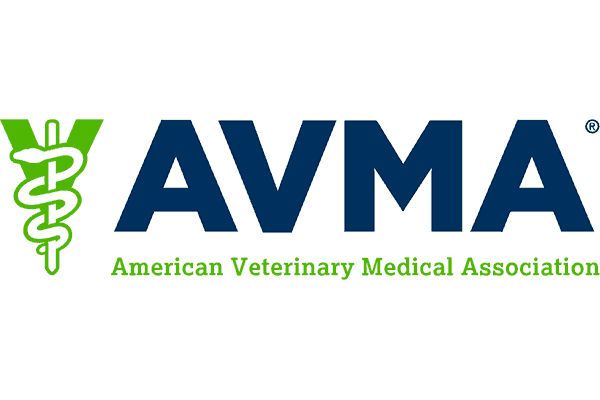
AVMA supports legislation surrounding xylitol warning label requirements

This week on dvm360: An update on veterinary cannabis for pain management, plus more veterinary news

Each qualifying animal shelter will receive $1000 as the organization aims to prevent breed labeling, thus reducing negative socio-economic effects and helping adopters find the ideal pet match.

For humans and animals alike, rabies infections can be fatal. Rabies surveillance helps facilitate better prevention and control of the disease.
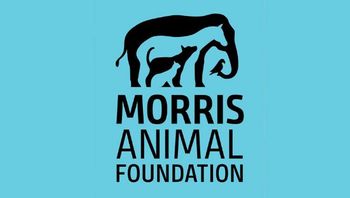
The animal nonprofit will sponsor each of the selected events in 2021 and 2022 to help promote animal well-being across multiple specialties.

On this episode of The Vet Blast Podcast, Dr Suzanne Ellis discusses her journey from working in small animal medicine to providing at-home end-of-life pet care, and why she is so passionate about her job.

Dr Laurel Himes, practice manager at Beach Animal Hospital, provides insight on the overall goal of Tooney’s Last Resort—the animal sanctuary she founded on the practice's premise.

The event will feature adoptable dogs from several shelter and rescue organizations within western Pennsylvania, plus offer attendees a variety of specialty vendor activities.

There’s more to the “pandemic puppy” narrative. Here’s what you need to know.

In a recent interview with dvm360®, Dr Marty Becker sheds light on Fear Free's mission of promoting a safer and calmer environment for patients to thrive in.

The 2 companies are providing educational material to pet owners with the mutual goal of reducing emergency veterinary visits.

Check out this week’s highlights.
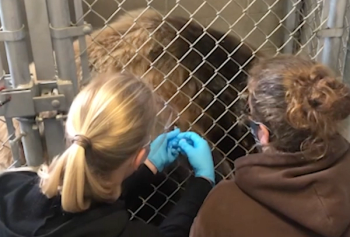
The vaccine was distributed to over 70 different zoos and dozens of animal welfare organizations to help preserve the health and well-being of zoo animals.

Here are a few communication pearls designed to help veterinary professionals touch on the topic of euthanasia with clients and ensure a painless and compassionate end-of-life transition for their pets.

Check out this week’s highlights.
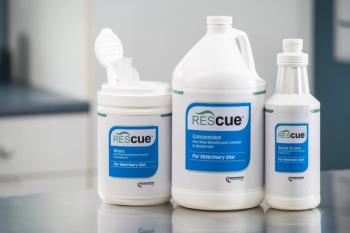
This partnership provides all Shelters United animal welfare organizations with discounted access to the elite cleaning and disinfection solutions, Rescue DisinfectantsTM, which will help reduce the chance of outbreaks and more.

Check out this week’s highlights.
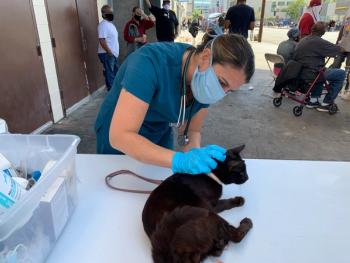
The ElleVet Project will be journeying back to the west coast in its “ElleVan” to provide free veterinary care, food, supplies, and more to pets in need.

Check out this week’s highlights.
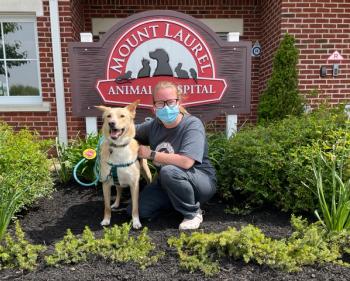
Mount Laurel Animal Hospital recently developed this special approach of care to help improve patient experience and cooperation at veterinary visits.

All winning animal shelters received $10,000 and were selected based on essays written about their plans to launch animal-health initiatives for shelter and rescue pets.
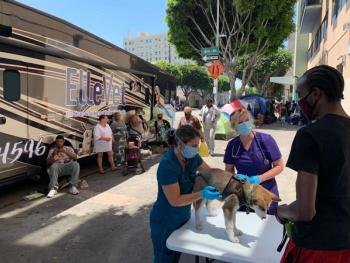
The ElleVet Project is designed to expand free veterinary care efforts to pets of the homeless and street pets.
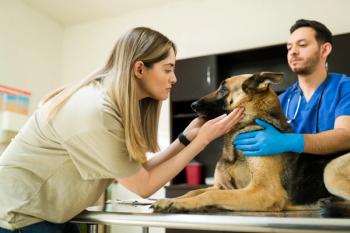
Deciding to euthanize a pet is a difficult decision. Veterinarians can guide owners through the process and make the road to death more comfortable for both the patient and client by using a combination of compassion and medical expertise.

Earlier this year, the company issued a major international recall after hundreds of dogs became ill or died due to aflatoxin poisoning.

Check out this week’s highlights.

The refined recommendations aim to clarify the timing of heartworm testing and the use of doxycycline prior to transport and much more.

Veterinarians should discourage prospective pet owners from purchasing puppies and kittens from retail stores.